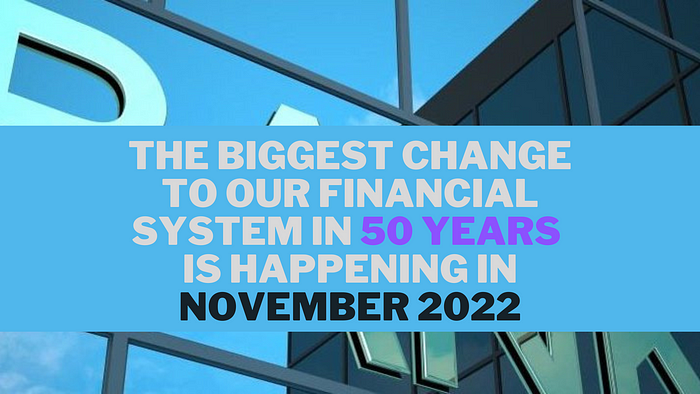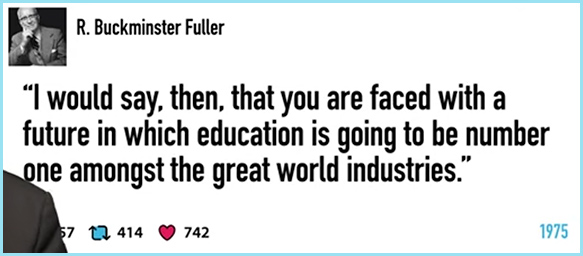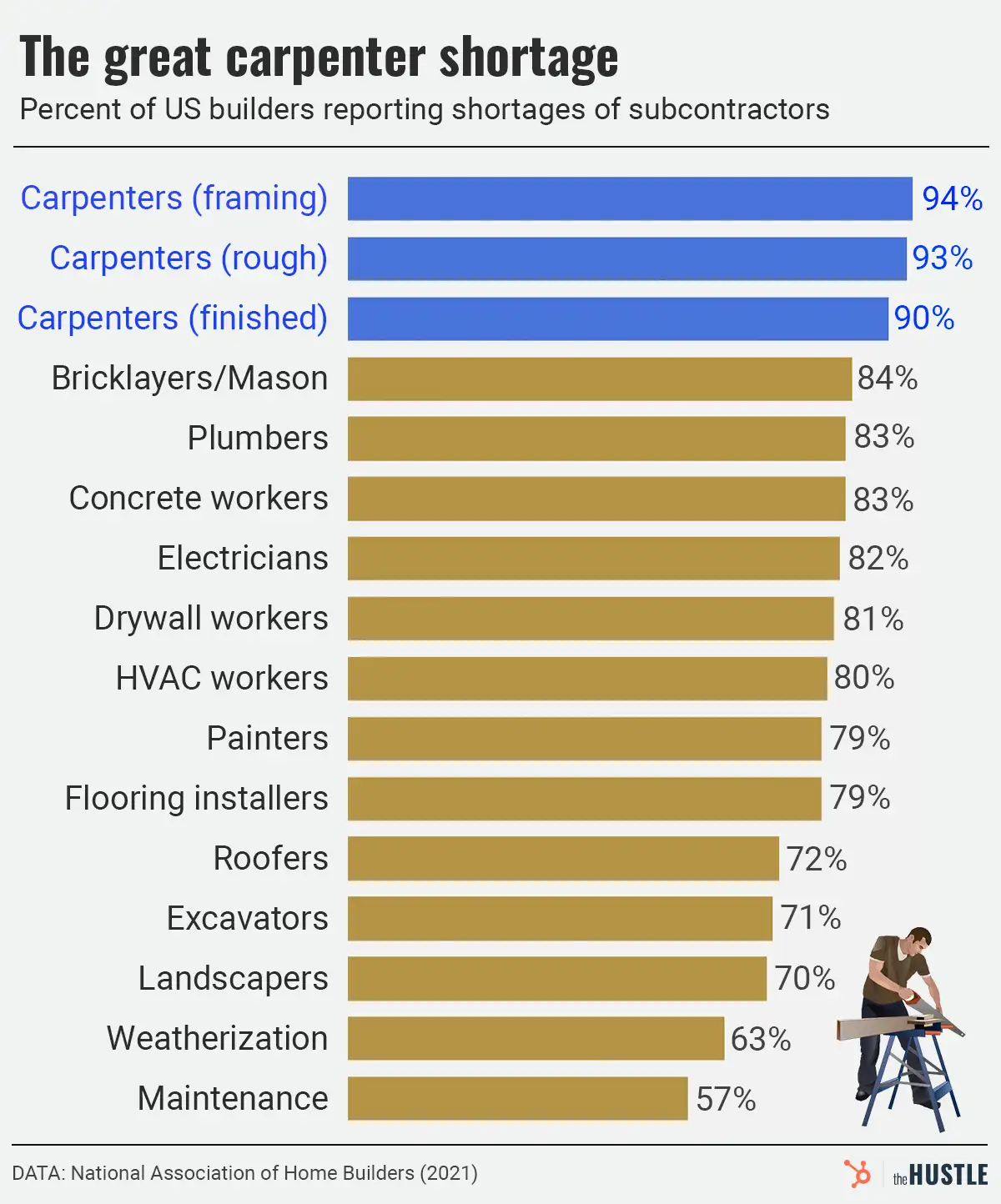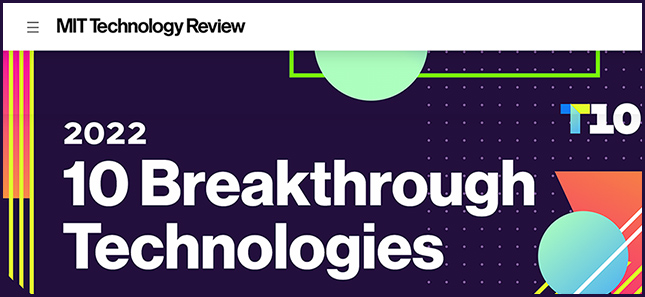National Apprenticeship Week [November 14-20, 2022] — from apprenticeship.gov
Excerpt:
What is National Apprenticeship Week?
NAW is a nationwide celebration where industry, labor, equity, workforce, education, and government leaders host events to showcase the successes and value of Registered Apprenticeship for re-building our economy, advancing racial and gender equity, and supporting underserved communities. NAW is an opportunity to highlight how Registered Apprenticeship, a proven and industry-driven training model, provides a critical talent pipeline that can help to address some of our nation’s pressing workforce challenges such as rebuilding our country’s infrastructure, addressing critical supply chain demands, supporting a clean energy workforce, modernizing our cybersecurity response, and responding to care economy issues.
Also relevant/see:
- Understanding New Collar Apprenticeships — from workshift.opencampusmedia.org; requires you to complete a form to get the guide
Apprenticeships aren’t what they used to be. Long a pathway into the trades, apprenticeships now are also preparing Americans for new-collar jobs in fields from healthcare to tech. And governments and companies are putting big money into modernizing, diversifying, and growing the system—hoping to change the face of apprenticeships. This guide takes a look at this evolving landscape.















